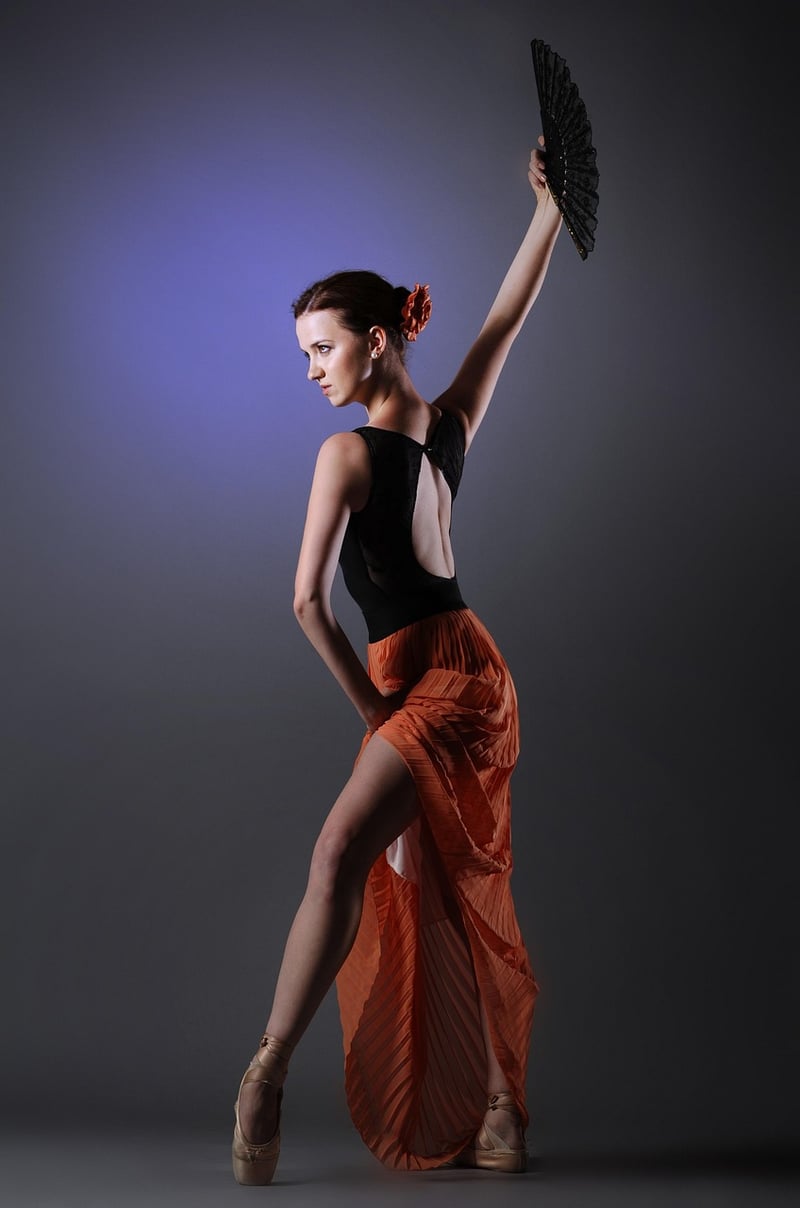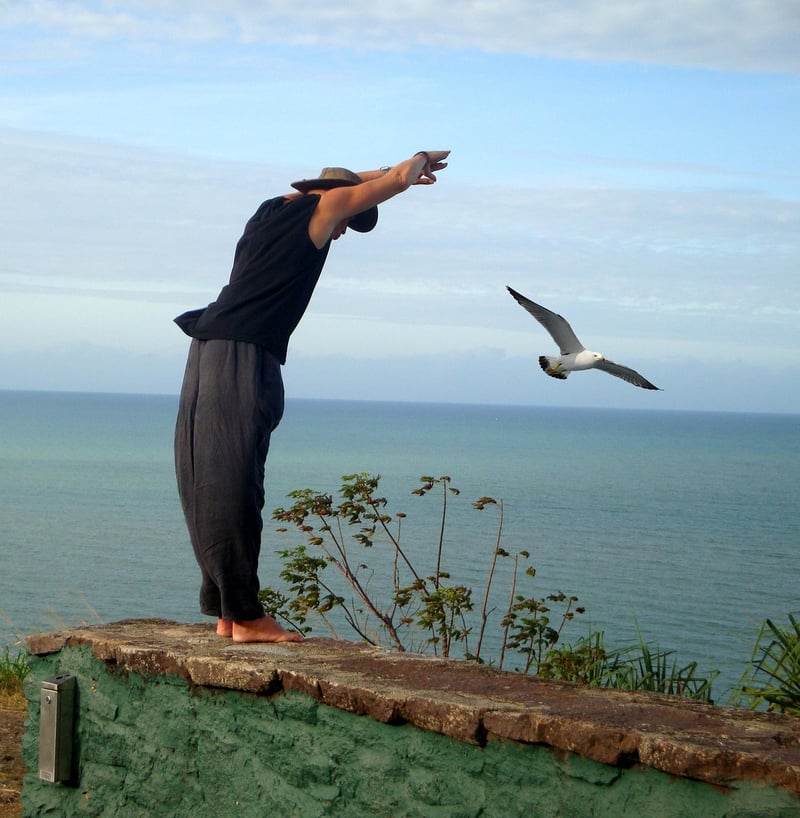Dance Therapy
Connecting Breath with Movement in Dance Therapy
Dance therapy is a form of expressive therapy that involves the use of movement and dance to improve emotional, cognitive, physical, and social well-being. One of the fundamental aspects of dance therapy is the connection between breath and movement. When breath is synchronized with movement, it can enhance the therapeutic benefits of the practice.
The Importance of Breath in Dance Therapy
Conscious breathing is essential in dance therapy as it helps individuals connect with their bodies on a deeper level. By focusing on the breath, participants can become more aware of their emotions, sensations, and thoughts, allowing for a holistic healing experience.
Benefits of Connecting Breath with Movement
Integrating breath with movement in dance therapy offers a range of benefits, including:
- Increased mindfulness and body awareness
- Improved emotional regulation and stress reduction
- Enhanced relaxation and release of tension
- Promotion of self-expression and creativity
- Boosted energy levels and vitality
Practical Techniques for Connecting Breath with Movement
There are several techniques that dance therapists use to help individuals connect breath with movement:
- Diaphragmatic Breathing: Encouraging deep belly breathing to promote relaxation and grounding.
- Rhythmic Breathing: Matching breath patterns to specific movements to create flow and coherence.
- Expressive Breathing: Using breath to express emotions and enhance the communicative power of movement.
Getting Started with Dance Therapy
If you're interested in exploring the benefits of connecting breath with movement through dance therapy, consider seeking out a qualified dance therapist or joining a dance therapy session in your area. Embrace the transformative power of dance and discover a new way to nurture your mind, body, and spirit.

Image by StockSnap from Pixabay
